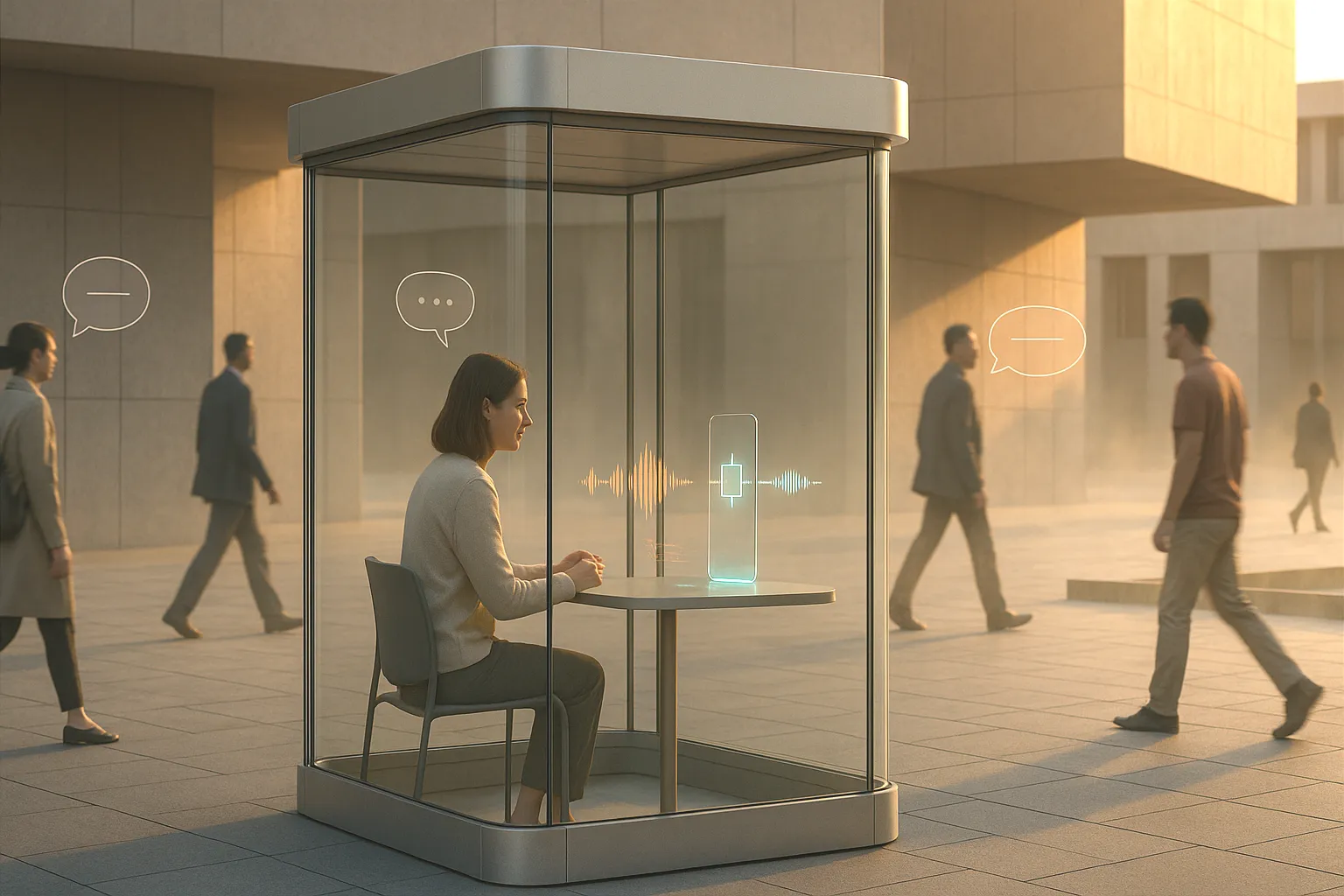💡 TL;DR - The 30 Seconds Version
🗣️ OpenAI updated ChatGPT's voice mode over the weekend to sound more natural with better emotional expression and realistic pauses.
🌍 The update adds seamless language translation that continues switching between languages until you tell it to stop.
💰 All paid ChatGPT users across platforms can access the improved voice features starting now.
⚠️ OpenAI warns the upgrade causes occasional audio quality drops and unexpected tone shifts during conversations.
🐛 Random hallucinations persist, with ChatGPT sometimes producing background music, gibberish, or unintended sounds.
🚀 AI voice assistants move closer to passing the "phone test" where humans can't tell they're talking to a machine.
OpenAI rolled out updates to ChatGPT's voice feature over the weekend. The company promises conversations now sound more natural and fluid. ChatGPT can express emotions like empathy and sarcasm with better timing and tone.
The update adds seamless language translation. Ask ChatGPT to translate, and it continues switching between languages until you tell it to stop. No more repeating "translate this" for each sentence.
Voice gets an emotional upgrade
The improvements focus on subtlety. ChatGPT now pauses at the right moments and emphasizes words naturally. The cadence mimics human speech patterns rather than sounding like a text-to-speech robot reading a script.
OpenAI tested different emotional expressions. The AI can now convey sarcasm without sounding confused about its own joke. Empathy comes across as genuine rather than programmed politeness.
Translation becomes effortless
The translation feature works in real-time conversations. You speak English, ChatGPT responds in Portuguese. The waiter answers in Portuguese, ChatGPT translates back to English. The flow continues without manual switching.
This works across platforms for all paid users. The feature recognizes when you want to switch languages or stop translating entirely.
The fine print matters
OpenAI admits the upgrade creates new problems. Audio quality sometimes drops unexpectedly. Voices might shift in tone or pitch mid-conversation. Some voice options handle the changes better than others.
The company also warns about persistent hallucinations. ChatGPT occasionally produces random sounds, background music, or gibberish. These bugs carried over from the previous version.
Why this matters:
- AI voice assistants inch closer to passing the "phone test" where you can't tell if you're talking to a human or machine
- Real-time translation could eliminate language barriers in everyday situations, making travel and international business conversations much simpler
❓ Frequently Asked Questions
Q: How much does ChatGPT's voice mode cost?
A: Voice mode requires a paid ChatGPT subscription, which starts at $20 per month. The feature works on all platforms including mobile apps and desktop. Free users cannot access voice mode.
Q: How many languages can ChatGPT translate in voice mode?
A: OpenAI hasn't specified the exact number of supported languages for voice translation. The feature works with major languages like English, Spanish, Portuguese, and likely dozens more that ChatGPT already supports in text mode.
Q: What causes the hallucination sounds in ChatGPT's voice?
A: OpenAI calls these "rare hallucinations" but doesn't explain the technical cause. The AI sometimes generates unintended background music, gibberish, or ad-like sounds. The company says they're actively investigating these bugs.
Q: Can I use voice mode offline?
A: No. ChatGPT's voice mode requires an internet connection to work. The AI processes speech on OpenAI's servers, not on your device. This means you need stable internet for smooth conversations.
Q: When will the audio quality issues be fixed?
A: OpenAI says they "expect to improve audio consistency over time" but gives no timeline. The company admits some voice options handle the updates better than others, suggesting fixes may roll out gradually.











